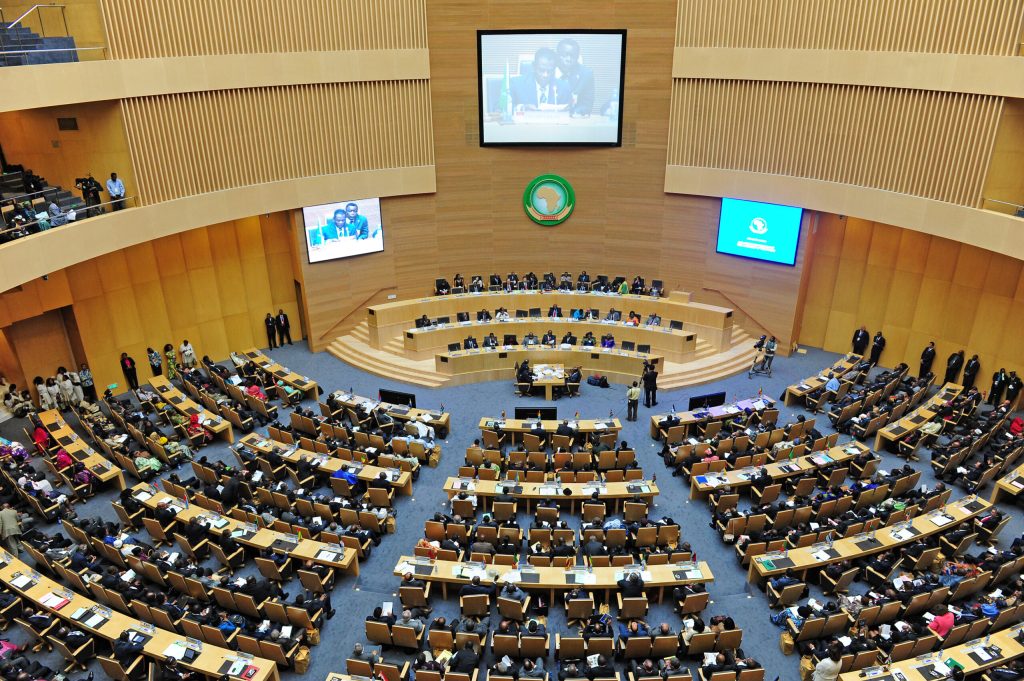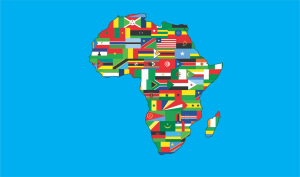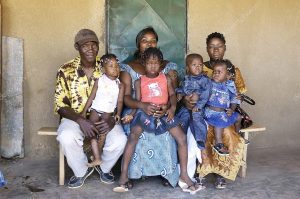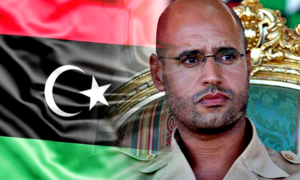How Governance Reforms in Africa are Shaping Family Lives, Business and Political Futures

(120129) -- ADDIS ABABA, Jan. 29, 2012 (Xinhua) -- Photo taken on Jan. 29, 2012 shows the site of the 18th African Union (AU) Summit in Addis Ababa, capital of Ethiopia. The 18th African Union (AU) summit opened on Sunday in the Ethiopian capital of Addis Ababa, as African leaders gathered with the theme of "Boosting Intra-African Trade." (Xinhua/Ding Haitao) (lr)
From Addis Ababa, to town halls, boardrooms and homes across Africa, one refrain is growing louder: governance matters. Not as a technicality or buzzword, but as the bedrock for economic transformation, political stability and social well-being. Experts say that unless institutional capacity is strengthened and governance reforms deepened, many of the continent’s hopes for prosperity risk being derailed.

Models and Mirrors from Rwanda, Mauritius and Botswana: the most recent Chandler Good Government Index (CGGI) 2025 throws into sharp relief who is leading, who is improving, and who is being left behind. Mauritius tops the rankings in Africa, for the fifth consecutive year, followed by Rwanda and Botswana. These are not flukes. These are countries where governance has become a long-term national project.
- Mauritius remains the standard-bearer: strong institutions, adherence to the rule of law, transparent leadership, and consistent public sector delivery.
- Rwanda, ranked 59th globally, is especially notable as the highest-ranking low-income country. It has pursued ambitious anti-corruption measures, robust regulatory reforms, and blended modern institutions with traditional/community-based mechanisms to foster accountability and inclusion.
- Botswana is being recognized for its strides in judicial digitalization and maintaining comparatively low corruption and political stability.
These successes, though varied, share common ingredients: deliberate policy choices, investments in public institutions, oversight tools, legal frameworks, and, importantly, citizen engagement.
Experts’ warning on capacity, institutions and the real costs: yet even among the top performers, experts caution that reforms remain fragile, uneven and heavily dependent on political will. At a recent United Nations Economic Commission for Africa gathering in Addis Ababa, analysts flagged numerous challenges:
- The fiscal stress many governments are under, including rising debt burdens, makes long-term investments in institutions difficult.
- Weaknesses in the global financial architecture disadvantaging African nations — including limited access to concessional financing, inequities in international taxation, and illicit financial flows. Experts emphasize that institutional reforms must go hand in hand with stronger advocacy on the global stage.
- Gaps in delivering on social outcomes: job creation, poverty reduction, equality. Even in well-governed countries, citizens still feel the pinch from service shortfalls, unequal distribution of opportunity and, in many places, governance deficits in local (subnational) settings.


Families, gender and trust from human and social dimensions: behind the indices and policy reports are real lives. In Rwanda, over 80% of citizens say they are satisfied with services in health, education and local government. But that satisfaction comes after years of rebuilding and persistent effort, especially post-1994, to build credible institutions, strengthen accountability and ensure that ordinary citizens feel they have ownership over decisions that affect them.
The gender dimension is also significant. In Rwanda, women hold more than 60% of parliamentary seats, which is among the highest in the world, and participate visibly in cabinet and local government. This kind of representation alters not just law-making, but priorities: in education, health, family welfare, social inclusion.
For families in many parts of Africa, governance improvements translate into better access to schools and clinics, more predictable government service delivery, lower corruption (so less cost and time lost in petty bribes), and more stable macroeconomic policies (fewer inflation shocks, more reliable incomes). But when institutions are weak, those gains vanish quickly.
Trust, Legitimacy and Reform Risks from Political Dimensions: reform is never just technocratic. It is political, even deeply personal. Strengthening institutions, from courts to ombudsmen to audit offices — often requires confronting entrenched elites, challenging informal patronage networks, and rebalancing power between center and periphery. When governments fail to deliver promise, they lose trust; when trust weakens, the risk of instability rises.
![]()
In many countries, governance reformers must navigate between promoting efficiency and preserving democratic accountability. Measures like digitalization, performance contracts (e.g. in Rwanda’s “Imihigo” tradition), or grassroots feedback tools like citizen report cards, can improve service delivery and accountability, but only if institutions are transparent, follow due process, and allow space for dissent and correction.
Social/business stakes – investment, jobs & transformation: strong institutions are basic infrastructure for business and investment. Investors watch not just interest rates or GDP growth, but how rule of law works, how contracts are enforced, how corruption is contained, how bureaucracy functions. Countries that score higher on governance indices often attract more stable foreign direct investment, develop domestic small and medium enterprises more effectively, and sustain growth more evenly. That is why Morocco’s recent gains in data transparency and digital infrastructure, Botswana’s judicial digitalization and Tanzania’s reforms in public sector efficiency are not just “nice‐to-haves” but directly tied to their aspirations for economic transformation.
For everyday businesses, clear and predictable regulation, fairness in procurement, reliable courts, and corruption control reduce costs, limit risk, and foster innovation.
What Must be Done Now in Governance Reform: Based on what experts are urging, the path forward includes:
- Reinforcing institutional capacity: better staffing, training, resources; equipping statistical offices, courts, audit offices to work with integrity and independence.
- Deepening legal and regulatory reform: ensuring laws are updated, consistent, accessible; removing barriers to business; ensuring data protection, digital governance frameworks.
- Fiscal discipline and transparency: making budgets predictable, aligning resource allocation with outcomes (especially in education, health and infrastructure), fighting corruption and mismanagement.
- Citizen engagement and voice: mechanisms for feedback, community accountability, participatory budgeting; ensuring that governance is not top-down.
- Global engagement & external accountability: pushing for fairer global tax rules, better terms on debt, access to concessional finance, and resisting exploitative external pressures.
- Inclusive reform: paying attention to gender, to rural/urban divides, to youth, to marginalized communities.
![]()
Why resilience in uncertain times matters: Africa faces considerable headwinds: climate change, demographic pressures (with very young populations in many countries), geopolitical uncertainties, post-COVID recovery needs. Governance reforms are not a side project; they are a lifeline. Countries with stronger institutions are better able to respond to crises, adapt policies quickly, maintain social trust, and protect vulnerable populations. When governance is weak, the cost of shocks is magnified, such as inflation, corruption, service breakdowns, political distrust and conflict.
A long arc, but with clear turning points: The emerging stories from Mauritius, Rwanda, Botswana, Morocco and others show that good governance is not just the domain of high-income countries. They show that with commitment, clarity, investment and inclusive politics, African countries can build institutions that deliver.
But whether this becomes the norm rather than the exception depends on choices: political leadership, who gets to participate, how transparent processes are, where external partners push but also support. For many Africans, reform is no abstract ideal, it’s the potential difference between hope and hardship, between stability and chaos, between opportunity and stagnation.
The experts are right: for governance and institutional capacity aren’t just foundations, they are the architecture of the Africa many people want – a stable, prosperous and just governing system.






